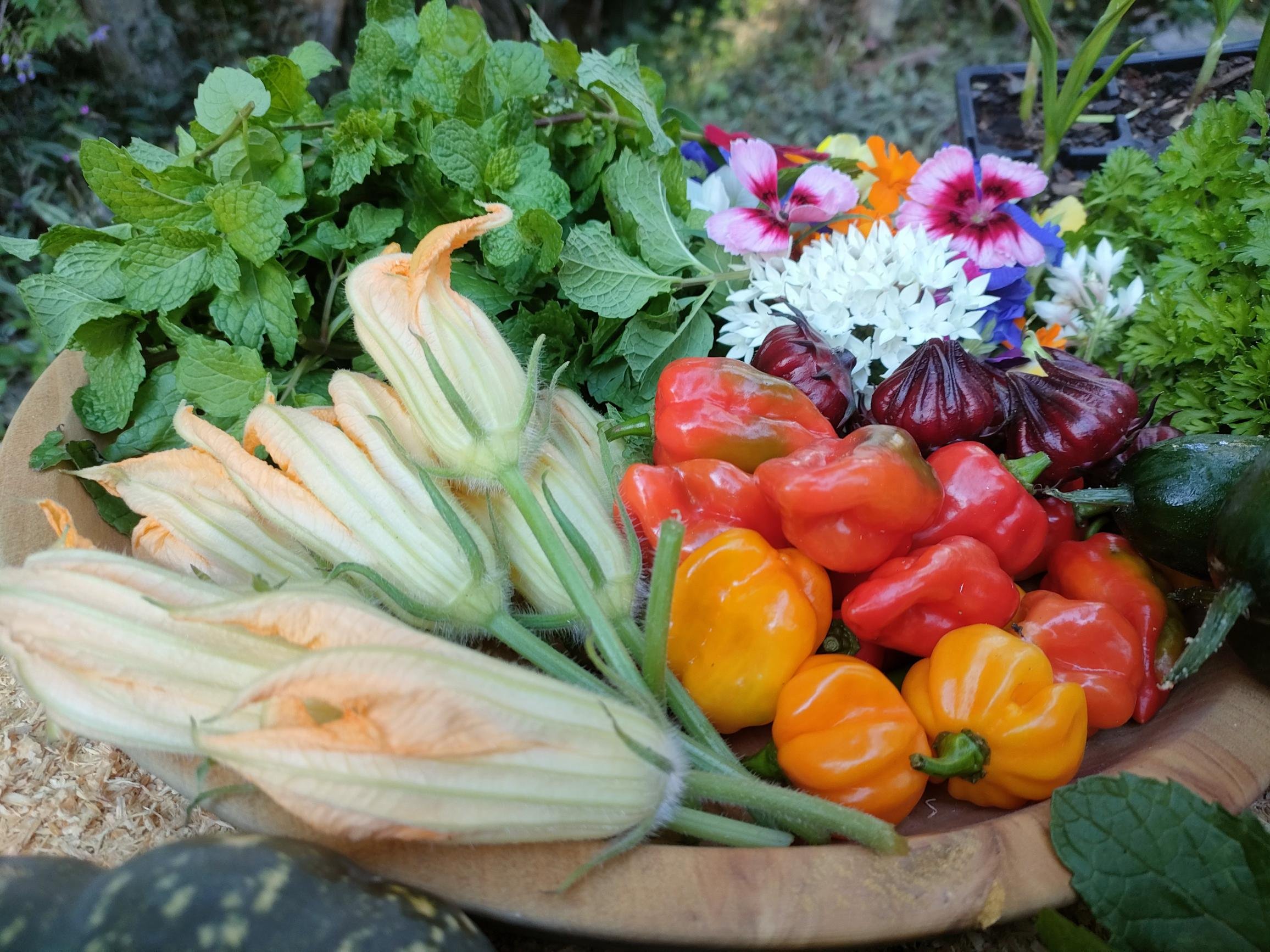
NOURISHING WELLNESS:
CULTIVATING SUSTAINABILITY
April 11, 2024
Market Organics has always pursued ways to be environmentally conscious by incorporating sustainable practices wherever possible. Over the years we have altered our business practices to enhance our sustainability and wanted to share with our customers what these are. We have not only addressed food wastage but also adopted eco-friendly practices throughout our network of wholefood stores to reduce our carbon footprint.
If you have watched any of the documentaries focused on food waste, you already know what a big problem it is. In Australia alone it is reported that 7.6 million tonnes of food is lost or wasted every year, a whopping 300kg per person.
As a retailer, we understand the importance of minimising food waste, but still offering the consumer a quality selection of fresh certified organic fruit and vegetables. So what really happens to that limp silverbeet that is no longer fit for sale?
One of the major initiatives at Market Organics is the reduction of food waste through our MO Wholefood Cafés and our MO Urban Farm. These two initiatives not only complement Market Organics but also help create synergy between our network of local farmers and suppliers.
In our MO Wholefood Cafés we have been able to utilise some of the excess produce in our homemade recipes. Our manufacturing kitchen allows us to bake in bulk so we can use up those weird looking sweet potatoes, knobbly zucchini or just any excess produce in a healthy fresh recipe. Statistics show that 70% of discarded food is still edible. So, by using those ‘ugly’ vegetables that would normally get skimmed over, we have been able to minimise food wastage. Our MO Wholefood Café team have also implemented strategic ordering of dry goods and cold items to prevent overstocking. We have adopted an approach of ‘only what you need’ and have seen a reduction in wastage in this space also.
Our MO Urban Farm is the end destination for all unsold produce wastage and scraps from our Market Organics stores. Here, all food scraps are first composted and re-purposed into rich organic matter, giving those discarded vegetables a second life. This is where that limp silverbeet ends up. The MO Urban farm wrote an article about composting in a previous magazine edition - if you want to check it out visit the blog section on our website.
The compost is then used throughout the farm to replenish and add vital nutrients back into the soil. This closed loop system adds to the success of the MO Urban Farm that has been producing fresh certified organic vegetables, fruit, and edible flowers. By composting the wastage to produce more food, MO Urban Farm has become a beacon of sustainable agriculture.
Beyond food waste reduction and composting, Market Organics has also implemented a range of eco-friendly practices such as using biodegradable packaging and forming partnerships with local farmers to reduce food miles.
No matter where we are at in our sustainable journey, there will always be innovation and improvements to be made in this space. We are excited to discover and implement these along the way and hope that you will join us in whatever way you can to ensure a sustainable future for the planet.
By Meghan Perry

